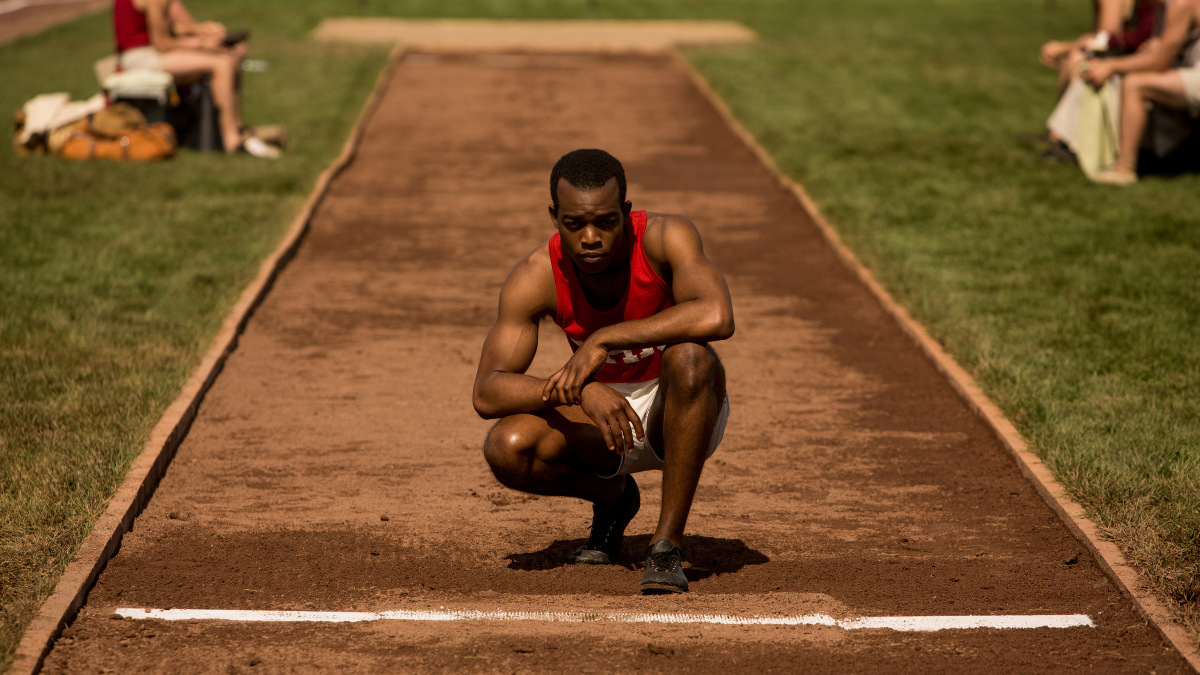Review: 'Race' Falls Short of Greatness
Beniji Dunaief ‘19 / Emertainment Monthly Staff Writer

At the gun, the film gets off to a slow start by establishing Jesse’s (Stephen James) life and relationships as he begins school at Ohio State University. The film tries to explore Jesse’s hardships in the beginning of his college career, highlighting encounters with racism and prejudice as well as financial and social predicaments. Simultaneously, Avery Brundage (Jeremy Irons), a member of the U.S. Olympic Committee, is trying to keep the U.S. from pulling out of the Berlin Olympics at all costs. Yet, it all reads a bit like a textbook, flipping through disjointed scenes over the span of three years that don’t leave much time for real emotion or debate. The second half of Race is really where the magic happens. Taking place entirely at the Berlin Olympics over a much shorter period of time, the film makes room for the emotion and tension that was all but lost in the first half. As compensation for the early choppiness and inconsistency of the story, the film benefits from beautiful cinematography featuring great set design and production value. Meticulously crafted sets supplemented with a little CGI and ranging from Owen’s Cleveland slum to the immense and packed arena of the Berlin Olympics help give off an authentic 1930’s era vibe.

Towards the end of Race, Riefenstahl learns that Goebbels has ordered her crew to stop filming as Jesse is about to begin the four-hundred meter relay, she declares to him; “You can’t change the events that happen here!” and that is what Race as a movie strives to achieve- to display the life of Jesse Owens not as a beacon for civil rights, but as a man who had an impossible dream and chose to push away the critics to achieve it. Ultimately, Race is an effective and entertaining film, but certainly not the intense civil rights drama that many were prepared for.
Overall Grade: B-
Watch The Trailer:
[embedyt] http://www.youtube.com/watch?v=6ygu45dU3U4[/embedyt]